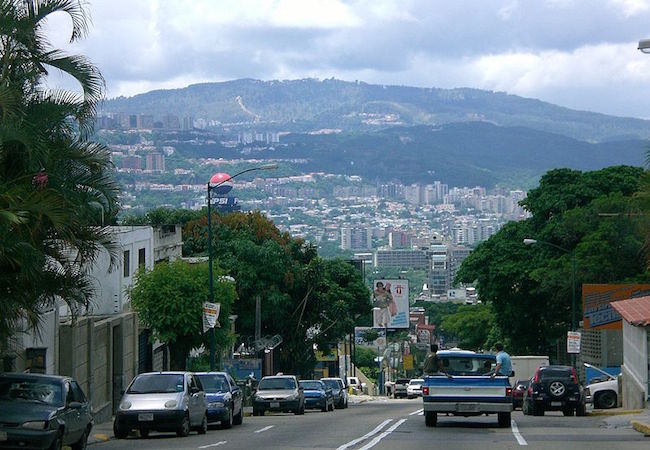
The Ukrainian crisis could cause a change in the US strategy as the Biden Administration would be studying implementing the carrot tactic in Venezuela. which would include the relaxation of the restrictions currently in force on Venezuelan oil to revitalize the driving force of the Venezuelan economy as well as annulling Trump’s ban on importing the diesel necessary to maintain the chain of transport of goods and medical supplies. The US would have considered Juan Guaidó written off, so it will move its pieces to force a Transitional Government made up of consensus figures from both the opposition and Chavismo that will have to prepare new Legislative and Presidential Elections for 2023 whose roadmap would have been worked in discreet meetings between representatives of the Government and interlocutors of the opposition with the mediation of the Delegation of the Kingdom of Norway and whose first deliveries took place in Mexico under the umbrella of AMLO.
These negotiations had been suspended since October after the extradition to the US of Alex Saab, but the US recently announced that it would be willing to review the policy of sanctions against Venezuela if the dialogue between the Venezuelan government and the opposition were resumed. After the imposition of strong sanctions on Russia by the US, we are witnessing Biden’s order to ban the import of Russian oil, which in practice represents 8% of the total oil imported by the US, and in this context, we are witnessing the surprise visit of a US delegation to Maduro to achieve US energy stability.
Venezuela’s crude oil is heavy like Russian crude, with which Venezuela would be Biden’s energy alternative to make up for the absence of Russian crude, since Venezuela would have the capacity to produce about 3 million barrels per day, but the imposition of sanctions by the US caused the obsolescence of Venezuelan oil facilities and a drastic reduction in daily production to the current 800,000 barrels.
After that meeting, Maduro ordered the immediate resumption of the dialogue table with the opposition in Mexico while announcing as a sign of goodwill the release of Gustavo Cárdenas, former manager of Citgo (a US subsidiary of PDVSA) as well as the Cuban-American Jorge Alberto Fernández to which the rest of the so-called 6 of Citgo could succeed. Consequently, we would be in the prelude to the real negotiation after the November 21 local and gubernatorial elections that set the x-ray of the new cartography of local power in Venezuela with the clear victory of madurismo after obtaining victory in 8 states in addition from the capital Caracas compared to the 3 achieved by the opposition.
These negotiations will deal with the release of prisoners, the lifting of sanctions on the Madurista leadership, the resumption of humanitarian aid and the preparation of a schedule for elections to be held in 2023 and if the new rounds of contacts and Elections held in 2023, we could witness the beginning of a new stage for Venezuela that would mean the resurgence of its oil industry, its acceptance by the international community and the assumption of an active role in the new world geopolitical scenario that would be drawing after the Ukrainian crisis.




